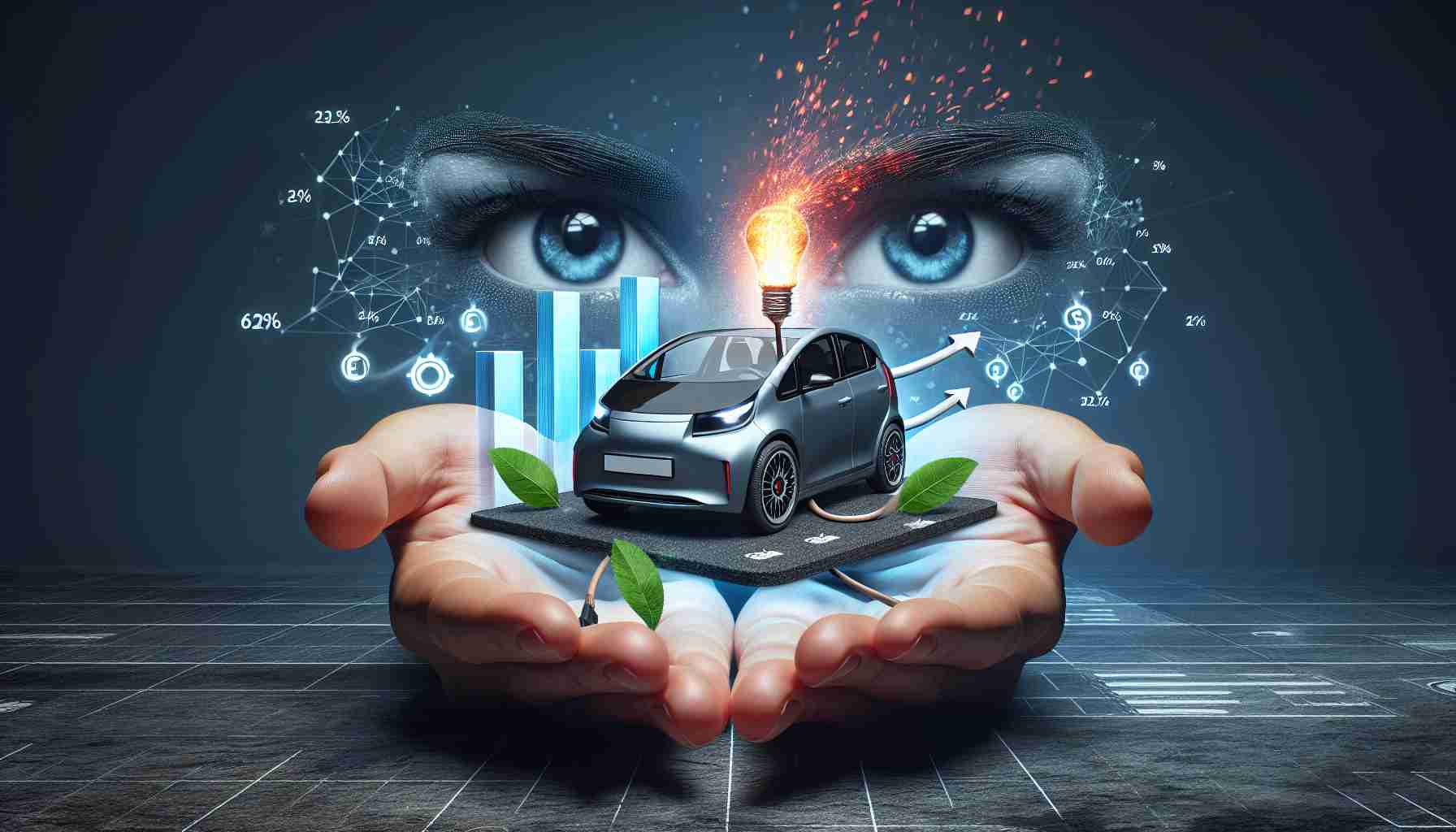- Tesla has experienced a significant 36% decline in Model 3 registrations in California in 2024.
- The company’s sales dropped 8% in the fourth quarter and 12% for the entire year.
- Despite releasing the Cybertruck, Tesla faces increased competition from brands like Honda and Hyundai.
- Tesla’s market share in California’s zero-emission vehicle registrations has decreased from 60.1% to 52.5%.
- Elon Musk’s political activities and the move of Tesla’s headquarters to Texas may have influenced consumer perception.
- The evolving political landscape in California could impact Tesla’s appeal among voters and consumers.
- The electric vehicle market is rapidly changing, raising questions about Tesla’s future in California.
In a surprising turn of events, Tesla Inc., the electric vehicle trailblazer, has experienced a tumultuous year in its home state of California, witnessing a staggering 36% plunge in registrations of its Model 3 sedan in 2024. As the state continues to lead the charge in electric vehicle adoption, Tesla’s sales dipped almost 8% in the fourth quarter alone and 12% for the entire year, according to new data.
Despite introducing the highly anticipated Cybertruck to its lineup, Tesla struggled in a market that saw rival companies like Honda and Hyundai making significant gains. While Tesla still holds about 52.5% of California’s zero-emission vehicle registrations, this figure has slipped from 60.1% in previous years, indicating a growing competition in an industry striving for sustainability.
The decline isn’t solely attributed to vehicle performance or the release of newer models. CEO Elon Musk’s political engagements, along with the controversial relocation of Tesla’s headquarters from California to Texas, may have played a role in swaying consumer sentiment. Notably, California overwhelmingly supported Democratic candidates in recent elections, raising questions about the brand’s alignment with evolving state values.
As Tesla navigates these choppy waters, one thing is clear: the electric vehicle game is changing, and competition is heating up. Will Tesla reclaim its top spot, or has the tide truly turned in California’s EV market? Keep your eyes peeled for upcoming developments!
Is Tesla Losing Its Grip on California’s EV Market? Discover the Surprising Trends!
Current State of Tesla in California’s EV Market
Tesla Inc., once the unparalleled leader in the electric vehicle (EV) market, is facing challenges in California—a state synonymous with EV innovation. The data reveals a 36% decline in Model 3 registrations in 2024, accompanied by an overall sales dip of 12% for the year. Tesla’s market share in California’s zero-emission vehicle registrations has decreased from 60.1% to 52.5%, signaling a shift in consumer preferences and growing competition.
# Pros and Cons of Tesla’s Current Standing
Pros:
– Established Brand: Tesla still enjoys significant brand recognition and loyalty.
– Innovative Technology: Continued development of advanced EV technology, including battery improvements and self-driving capabilities.
Cons:
– Declining Market Share: Significant losses in registrations and sales may diminish their market leader status.
– Political Factors: CEO Elon Musk’s political engagements may alienate certain consumer demographics.
Emerging Competitors and Market Innovations
Rival companies like Honda and Hyundai have captured market share by introducing new models and enhancing customer appeal. Innovations such as affordable EV options and improved infrastructure support have also contributed to their gains. Additionally, there is a rising trend of sustainability-focused vehicles from other manufacturers, appealing to environmentally-conscious drivers.
Key Insights into the Future of Tesla and the EV Market
– Market Predictions: Analysts project that if Tesla does not adapt to the evolving landscape, they may continue to lose ground to established automakers and new entrants focusing on sustainability and affordability.
– Trends: The demand for EVs continues to grow, but consumer preferences are shifting towards brands that align more closely with local values and environmental commitments.
Important Questions Answered
1. What factors caused the decline in Tesla’s sales in California?
– The decline can be attributed to increased competition from other automakers, changing consumer preferences, and potential backlash against CEO Elon Musk’s political stances.
2. How is the competition affecting Tesla’s future in the EV market?
– With more manufacturers entering the space and offering varied features and sustainability efforts, Tesla must innovate and possibly shift its branding strategy to retain consumer interest.
3. What innovations can consumers expect from Tesla moving forward?
– Tesla is likely to focus on advancements in battery technology, the roll-out of the Cybertruck, expanded vehicle offerings, and enhanced features to remain relevant in a competitive market.
For more information and insights on Tesla’s journey and the electric vehicle market, visit Tesla’s official website.



















